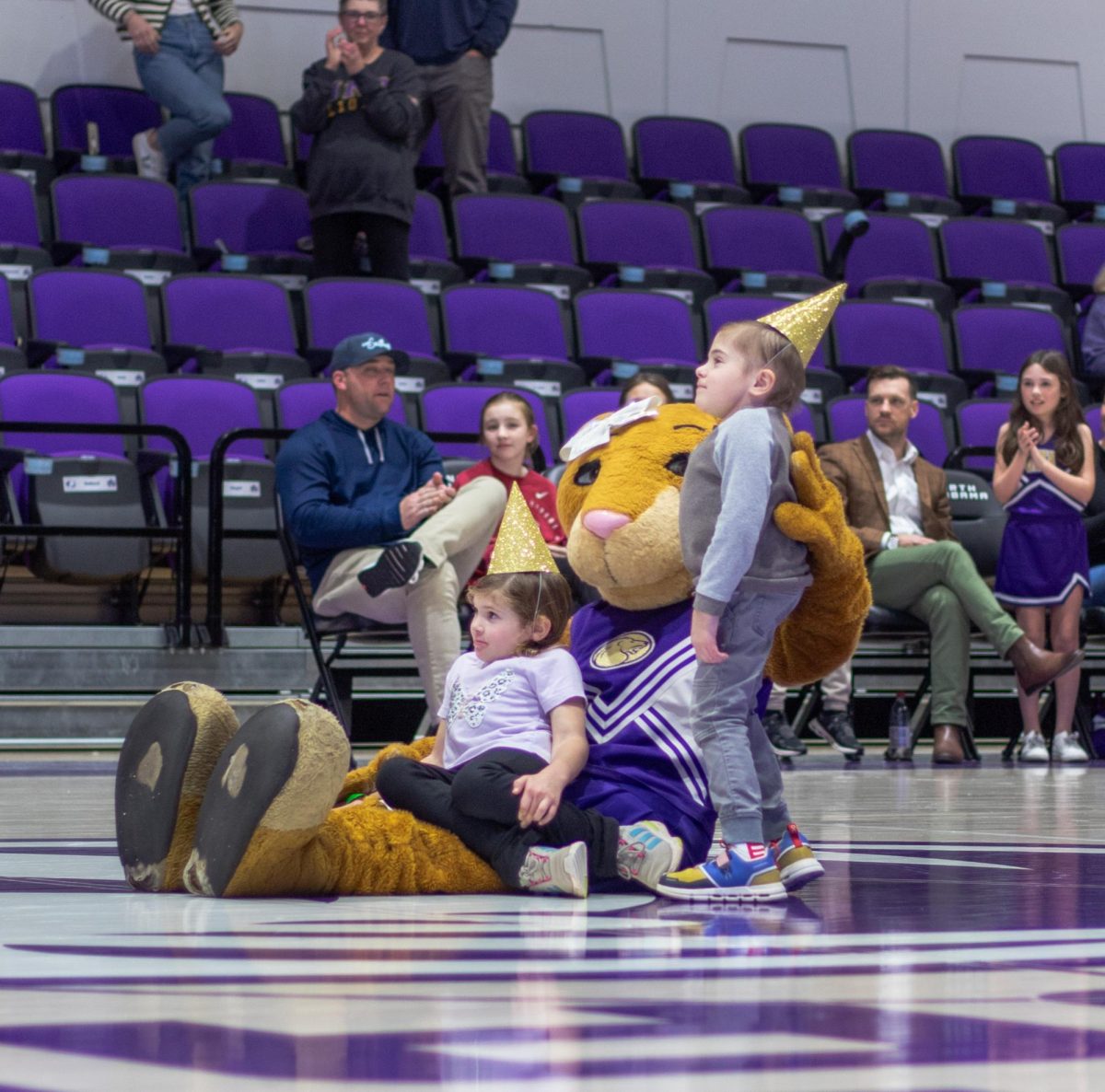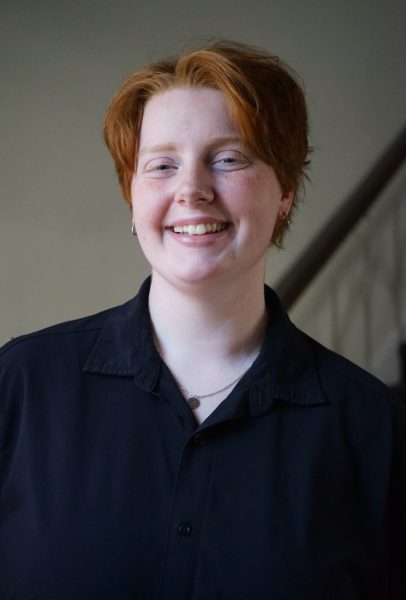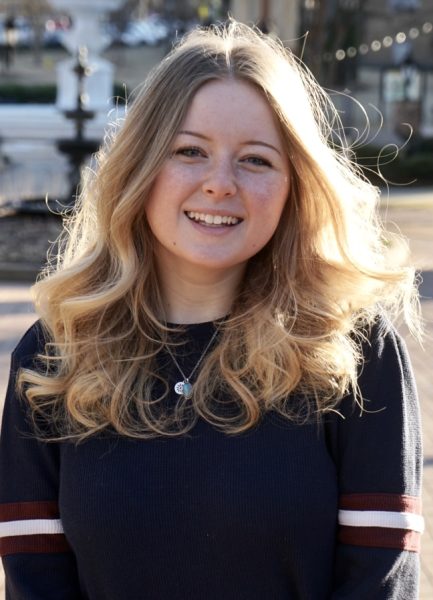Listerhill Credit Union hosted Common Cent$, a financial class for college students to learn about budgeting, banking and financial independence.
The class took place on Sept. 4 in the Guillot University Center Loft. It was targeted at freshmen, who are on their own for the first time and are learning firsthand about their personal finances, but others were also invited to attend to learn more about the subject.
“You’ve got four years,” said Listerhill Director of Financial Health Sarah Evans, who hosted the class. “You’ll probably make some mistakes along the way, but half the point of going to college is that learning experience. It’s that stepping stone between being a teenager and thinking that you know everything, getting to college and realizing that you don’t know everything, to getting out of college and knowing a bit more.”
The first point that Evans touched on was the importance of paying attention to meal plans and how many meal swipes and dining dollars are available throughout the semester.
“Meal plans are great, but right now everybody’s got plenty of food and your meal plan cards are full,” Evans said. “That’s how it’s always going to be at the beginning of the semester, but I guarantee you, you will go to Starbucks. You will go and get some of those milkshakes from Chick-fil-A. What you’ve got to start thinking about is how you’re going to best use your meal plan.”
To use a meal plan effectively, Evans recommended making the most out of each meal swipe, meal equivalency or dining dollar by spending most of the money on meals as opposed to snacks or drinks. Evans also advocated for the utilization of Mane Market, where students are able to eat as much as they want for a flat price. According to Evans, it is important for students to look at their meal plan at the beginning of the semester and break it down into the amount they can spend per week. Students should then keep an eye on how much they have left throughout the semester so they are not left with nothing for their last weeks on campus.
Evans then spoke about bank and ATM fees, advising students about how to avoid them. Evans said that it is important for students to be aware of ATMs that they can use without incurring fees, even if those ATMs are off-campus. She also stressed the importance of monitoring one’s bank account to prevent being charged overdraft fees, as well as starting to save money now, as opposed to later.
A major portion of the class was devoted to budgeting, which Evans believes is one of the most important ways one can manage their money. She said to start by simply listing out all incoming and outgoing money, and then using that to plan for any expenses.
“When you first start doing a budget, you’re not going to get it right the first time,” Evans said. “If it doesn’t work, I’ve got to go back and start again, because not having enough money is just not going to cut it. Not having enough food, that’s not going to cut it. When I get the answer of no, I don’t have enough to cover all the expenses, now I am very powerful, because now I know that I have a problem, and I can go back and make a plan to cover all of those holes.”
Evans recommends using the envelope method, which includes writing categories on separate envelopes and allocating cash to each, setting the maximum one is able to spend on each category per week.
The final part of the class was about filing for student aid through FAFSA, applying for scholarships and using the resources found on UNA’s campus, which are free ways to cut back on the amount of money students have to spend throughout the semester.
The class proved to be beneficial to the students who attended, giving them some key information about how to monitor their spending habits and avoid common mistakes with their money.
“I had never heard of the envelope method, but I think it will be useful,” said Bhumika Patel, a freshman who took the class. “Even if you just have spare change, you can keep it in an envelope, and whenever you have emergencies, you can use that extra money.”
The specific advice Evans gave was impactful for students, especially those who are new to college and are unsure of how to manage their money.
“Her letting us know that we need to budget and that it should be a priority for us, and her giving us ways to budget, I think it’ll be really helpful,” said freshman Case Johnson, who attended the class. “Coming in, I really have no clue what I’m supposed to do with my money and how to budget.”
For students who are interested in learning more about financial health, contact Evans at sevans@listerhill.com or visit her at The Hill by One Stop in the Commons.










